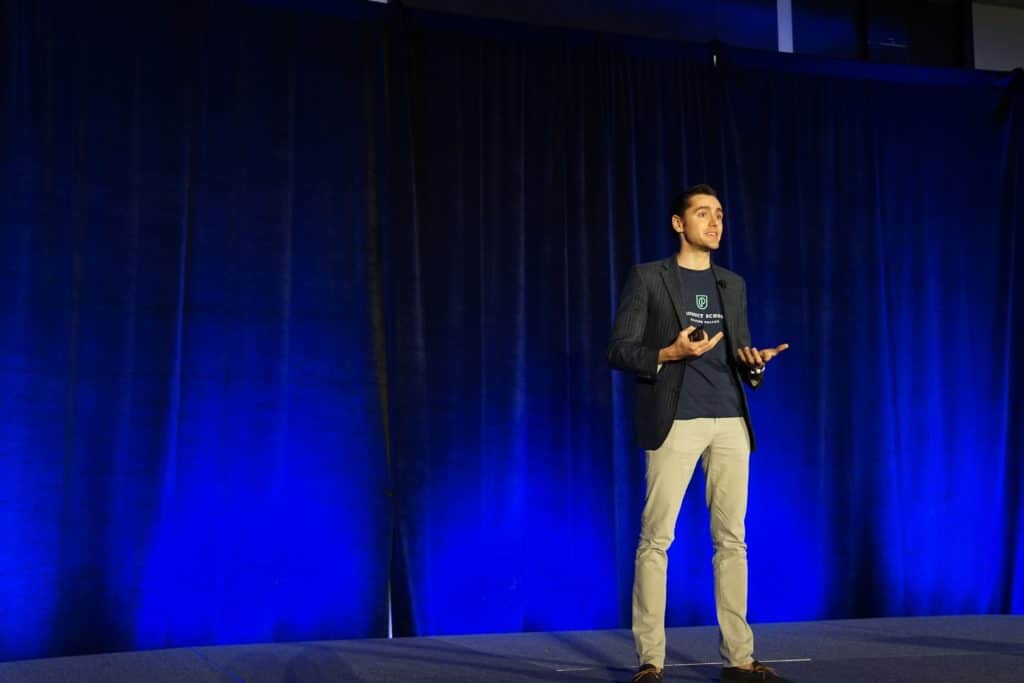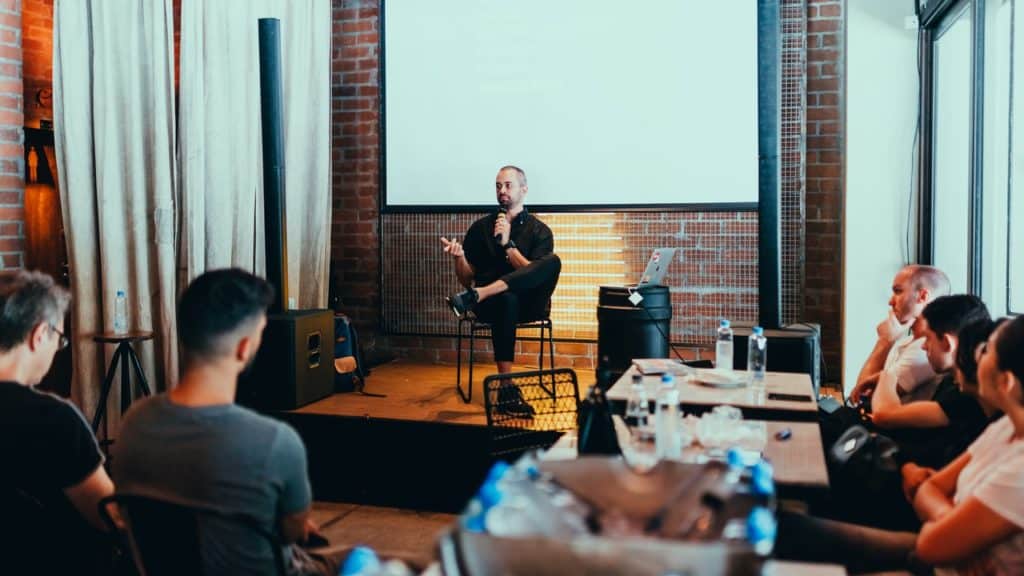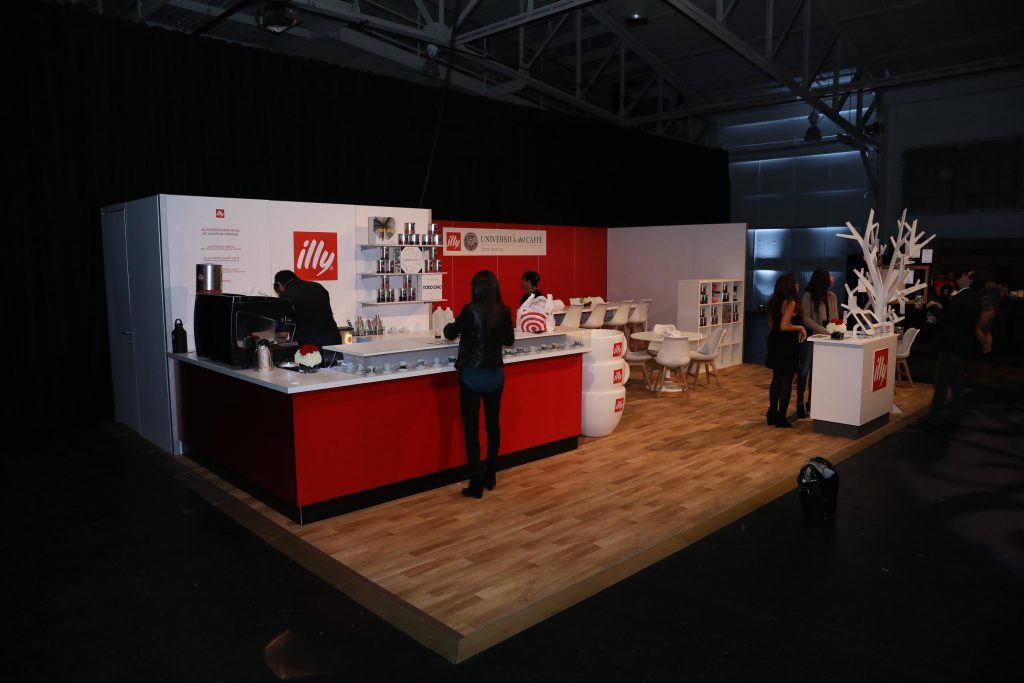What draws attendees to your event? In short, the answer is good, relevant content that attendees want to see. The keynote speaker is perhaps the most important part of your content lineup. It’s imperative that you find a keynote speaker who makes your audience feel that their investment in the event has been well spent.
Of course, for you as an event organizer, you have to consider other things, such as the cost of the keynote speaker and whether they can speak on the topics that will meet your goals for the event.
Here’s how to balance it all, as you look for the best keynote speaker for your event.
What to Consider Before You Hire a Keynote Speaker
The first step to finding a keynote speaker is to decide what kind of speaker you’re looking for. You’ll also need to figure out a few practical details. These points may influence which speakers are available. Or, it’s simply information your potential keynote speakers would expect you to share with them.
Some things to consider before searching for and hiring a keynote speaker include:
Event Goals
This includes both your goals for the conference or event and those of the people who attend. The ideal keynote speaker is someone who helps you fulfill your event goals and who can inspire and engage attendees. That means your attendees’ goals must be considered too.
Try to find the overlap between your event goals and attendees’ goals, and start your search there. For instance, if you’re running an in-house sales conference, that might mean looking for a corporate leadership speaker or a motivational speaker. At an industry trade show, you may be more interested in finding a thought-leader who can talk about new innovations or future trends in the industry.
Speaker Role
What role will this speaker play at the event? For instance, is it to educate, inspire, motivate, or entertain? Will they open or close the event?
Remember, public speaking is often quite specialized. A fantastic business motivational speaker might not be as talented on an informational topic. Healthcare speakers, who excel at informing a room full of doctors, might not be the marketing speakers you want to talk about selling medical devices, even when the topic overlaps. And a great marketing speaker might not be an innovation speaker. The more specialized a niche you need the speaker to speak to, the more time you should give yourself to finding a speaker.
Keynote speakers generally speak either at the start or end of an event. In both cases, the primary role of the speaker is to set the “key note” for the event. However, the opening and closing keynote speeches actually have two different functions. The opening keynote speech is all about setting the tone and expectations for the event to come. The closing keynote speech is more about wrapping it up and defining how you want people to remember the event. Whether you’re hiring an opening or closing keynote speaker should influence your final choice.
Scheduling Information
Determine the date, time, and location of the event, the speaker’s time slot, and how long they’re expected to speak for.
Your Speaker Budget
How much can you afford to spend on a speaker? This includes the speaker’s fee, but don’t forget that there will be other associated costs. Make sure to include accommodation, travel expenses, and food when deciding how much you can budget for a keynote speaker.
Technical Details
What A/V equipment do you have available for the speaker to use? And what presentation formats can they use for visual material? Different types of events have different needs here. There may be additional requirements for a virtual or hybrid event—for instance, access to livestreaming equipment.
It’s much better to decide these things in advance, if possible. It can save you a big chunk of time if you have all of this information accessible when you start your search. And the more you know about what you need in a speaker, the easier it is to eliminate options that aren’t a good fit for your event. It will also help your speaker determine if you’re a good fit for their abilities and interests.
Time
How much time do you have to find a guest speaker? Note that if you want to secure a really top speaker, you’ll need to start working on it well in advance of your event. This is particularly important in a crowded industry or one where your speaker options are limited. Plan to start looking at least six months in advance, if possible.
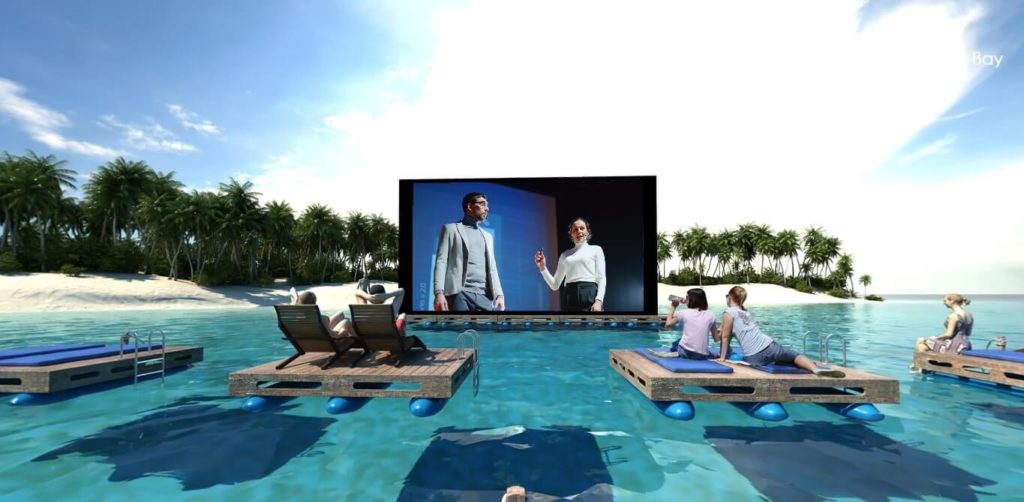
Where to Find a Keynote Speaker for Your Next Event
Once you have the initial details ironed out, you can start looking for people who fit the bill. There are several different approaches you can take to find appropriate keynote speakers for an event.
1. Speakers Bureaus
There are several websites that function as online speaker catalogs or agencies. Some of the biggest include the National Speakers Bureau, BigSpeak, Premiere Speakers Bureau, and speakerhub, all of which represent large stables of experienced speakers. These sites feature extensive lists of speakers in many industries, so you can take your pick of business speakers, celebrity speakers, and more.
Each listed speaker is featured with a bio of their experience and speaking topics. Some also include how much the individual speaker costs; others give an estimate later on in an inquiry. To book speakers from these sites, you’ll typically need to make an inquiry via the website to check on availability and price range.
2. Check Out Digital Media
In some industries, podcasts and other forms of digital media may furnish some options. This can be particularly advantageous for a virtual event. Your ideal keynote speaker at these events will be someone who’s experienced at communicating with an online audience. Choosing someone in digital media is a good way to find a keynote speaker with the right skillset.
3. Ask for Suggestions
Referrals from colleagues or other event organizers can also be a good place to start. You may be able to get referrals for specific speakers who have performed well at other events, with the bonus that they come with a reference you know and trust.
Alternatively, why not ask the people whose opinions matter the most? Your audience may have some ideas on who they’d like to hear from. This can also help get your audience engaged with your event and increase their interest in the content you’re offering.
4. Try a Search
In some highly niche industries, you may find it difficult to find suitable speakers. If all else fails, there’s always a search engine. Most professional speakers have their own websites, which should provide you with enough details to determine if they can speak on topics that are relevant to your audience.
Choosing the Right Speaker
Once you have a good handful of options, you’ll need to investigate each one more thoroughly to decide if they’re a good fit. Note that if you hire a keynote speaker from an agency, the process may be different in some respects.
Watch Them in Action
The best way to decide if a speaker is good at what they do is just to watch them do it. If you can, watch one or two public speaking performances, so you can see how they interact with an audience. YouTube is generally a good place for this. Many experienced speakers also include clips or highlight reels on their websites. Most speaker profiles on Speakers Bureau and BigSpeak include one or two clips as well.
Check Out Their Social Media Presence
Taking a look at their social media channels can give you some more insight into how good of a fit they are for your event. Plus, speakers with sizable social media followings can be a big asset to event promotion. Most speakers are willing to promote their speaking engagements on their own channels, which means additional buzz for your event.
Have a Conversation
The next step is to talk to them in person or on Zoom, Google Meet, or your preferred online calling tool. This lets you find out what they’re like off-the-cuff, and you can then make a decision that’s based on first-hand information as well as your research.
Check Their References
Ask each speaker you talk to for references, and then follow up to find out from past event organizers what it’s like to work with them. A speaker who’s a demanding nightmare may be someone you prefer to avoid, even if they’re popular with audiences.
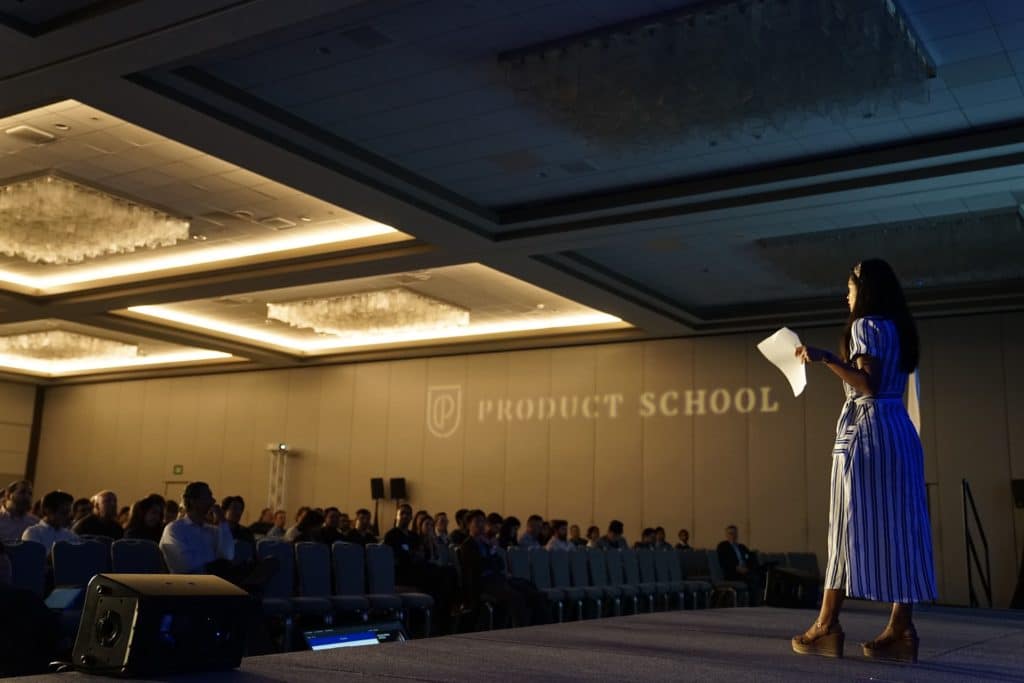
How Much Does a Keynote Speaker Cost?
How much keynote speakers charge can vary a lot. It can depend on a wide range of factors, but mostly it’s about the speaker themselves, and their professional and personal history.
- At the bottom end of the scale, keynote speaker fees may run from $1,000 to $5,000.
- On the upper end, experienced speakers who are major industry figures or celebrities command fees of $30,000 to $50,000 per engagement—and sometimes even more.
That’s why you’ll need to know your speaker budget before you start your search. Determine whether you’re looking for a low-end, mid-range, or high-end speaker.
However, as noted earlier, when you consider how much a given speaker will cost, think also about all the other additional costs: travel expenses, accommodation, and a food budget. A celebrity speaker might have different expectations for accommodation and food than an up-and-coming athlete.
Find a Keynote Speaker
Whether your event is live, virtual, or a hybrid, great event content is a vital piece of the puzzle. Hire a keynote speaker for your event who can connect with your audience and inspire them, and you’ll be well on the way to a successful event.
